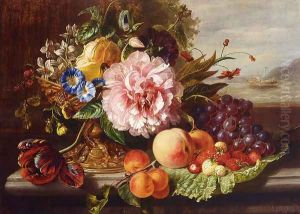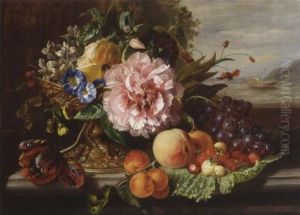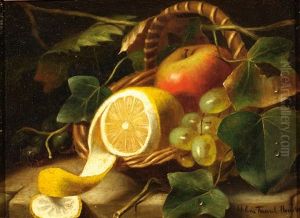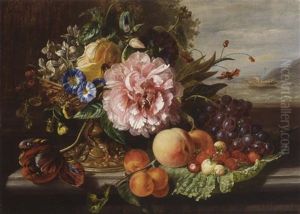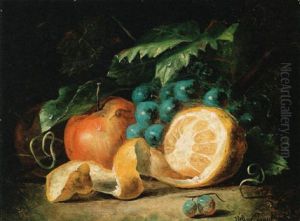Helen Augusta Hamburger Paintings
Helen Augusta Hamburger, born in 1846 and deceased in 1919, was an artist whose life and work spanned the late 19th and early 20th centuries, a period of significant transition and innovation in the art world. Her contributions, while perhaps not as widely recognized as some of her contemporaries, offer a fascinating insight into the artistic movements and societal changes of her time.
Helen was born into a Europe that was undergoing rapid transformations, both industrially and culturally. The second half of the 19th century was a period marked by the aftermath of the revolutions of 1848, the unification of Italy and Germany, and the profound changes brought about by the Industrial Revolution. In the arts, this era was characterized by a move away from the classical traditions and an exploration of new styles and themes, including Impressionism, Realism, and later, Modernism.
Though specific details of her early life and training are less documented than those of her male counterparts, it is known that Helen Augusta Hamburger received an education that was likely influenced by the changing attitudes towards women's participation in the professional and artistic fields. Women artists of this era often faced significant obstacles, including restricted access to art education and exhibitions. Despite these challenges, Hamburger developed her artistic voice and found avenues to share her work, contributing to the broader movement of women artists seeking recognition and equality in the art world.
Her body of work reflects the artistic trends of her time, with an emphasis on capturing the essence of her subjects through a blend of realism and impressionistic touches. Hamburger's paintings and drawings, which often depicted scenes of everyday life, landscapes, and portraits, were noted for their sensitivity, depth, and attention to detail. Her approach to color and light showed an awareness of the innovations of the Impressionists, while maintaining a distinct style that set her apart from her contemporaries.
Throughout her career, Helen Augusta Hamburger navigated the challenges of being a woman in a predominantly male-dominated art world. She participated in exhibitions and was a member of various art societies, contributing to the gradual but significant progress toward gender equality in the arts. Her legacy, though perhaps overshadowed by more well-known figures, remains an important testament to the contributions of women to the development of modern art. Helen Augusta Hamburger's death in 1919 marked the end of a life dedicated to art, creativity, and the breaking of boundaries for future generations of women artists.
